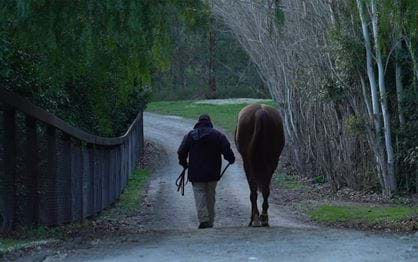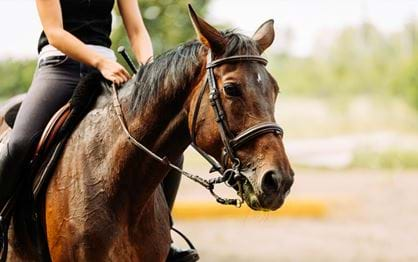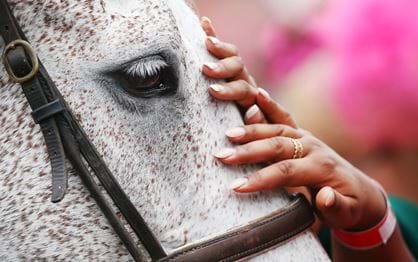
A new perspective
Racing Victoria’s establishment of a new Equine Welfare Advisory Council aims to serve as a source of expert advice and opinion, assisting RV to effectively implement its three-year industry-wide Equine Welfare Strategic Plan.
When you are inside the industry bubble it is sometimes easy to lose perspective and be prey to what critics would term “industry capture” – the failure to see things as outsiders might see them, and look only from the viewpoint of an industry participant.
It should not be surprising that this might be an issue in a sport like racing, where passion, commitment and a love of the horse ensure that for participants, work is an all-consuming job, not so much an occupation, but a lifestyle.
Which is why, when Racing Victoria decided to establish its new Equine Welfare Advisory Council, it was determined to bring in a range of experts from outside racing who could offer a different and if necessary, challenging, set of views based on their individual experience of working in the animal welfare, equestrian sport and scientific research fields.
The council is an advisory body whose charter is to supply opinion – bucking received wisdom if it has to – so that Racing Victoria can effectively put in place its three-year industry-wide Equine Welfare Strategic Plan. The program was launched in July2019 and received a boost when a $25 million commitment was announced in December the same year to accelerate the plan with particular, focus on the post-racing wellbeing of thoroughbreds.
The seven-person panel comprises three Racing Victoria staff: Jennifer Hughes, the General Manager of Equine Welfare; Dr Grace Forbes, the General Manager of Veterinary Services; and Jamie Stier, the Executive General Manager of Integrity Services.
The work of the Advisory body is focused on six pillars, all aimed at improving equine welfare. The first four are the most specific to the horse ... making sure we have the right rules, framework and policies to support good welfare.
The external members are Dr Andrew McLean, Equitation Science International Co-Director; Dr Liz Walker, CEO of RSPCA Victoria; Dr Margot Seneque, Murdoch University Animal Welfare Officer; and Dr Malcolm France, a Laboratory Animal Care and Management Consultant.
There remains one vacant position on the Advisory council but, explains Jennifer Hughes, RV is not rushing to fill it until the right person can be approached.
“We think the balance we have at the moment offers us a lot of different perspectives,” she explains. “Dr Liz Walker is the CEO of RSPCA, Victoria so she has wide experience in animal welfare. Dr Andrew McLean is an equine behavioural expert. He does a lot of work in equitation science. This is an up-and-coming field, the science of horse riding, and how horses learn.
Dr Malcolm France is a consultant veterinarian working in the care and management of animals used in research; he has served on a number of ethics committees and has experience in promoting constructive dialogue with the broader community. He is not horse specific, but he is bringing to us the broader ethical view.
And Dr Margot Seneque is the Animal Welfare Officer at Murdoch University advising on animal well-being relating to research and teaching. Margot is a vet with a background in equine rehabilitation and also rides her own off the track thoroughbred!’.
“They are there to advise on the delivery of things that we (at RV) have already identified need to be done. We are not necessarily going back to the drawing board to find new things at this stage.”
Hughes said the work of the Advisory body is focused on six pillars, all aimed at improving equine welfare.
The first four are the most specific to the horse. The initial area to focus on is governance and standards and making sure we have the right rules, framework and policies to support good welfare,” she explained.
The second one is population dynamics and that’s about the traceability of horses, and is also where responsible breeding comes in, ensuring that horses that are bred have the best chance to make it into training.
“The third pillar is racing, so that we can ensure risk-reduced racing by looking at all the injury research, and making sure we have policies that protect horses during racing.
“The fourth pillar is post-racing outcomes ... it’s giving horses the best possible chance of a post-racing career.
“Pillars five and six are industry culture and industry reputation. They are less welfare focused, but you do need the industry on board and pulling in the same direction to ensure that we continue to improve.
“Reputation is also important, because as we know, if you are doing the right things you need to make sure you are telling the story as well.
Purists would say it’s enough to just do the right thing, but it’s important to show you are doing the right thing and exhibit the way you are doing it so that people have confidence in you.”


